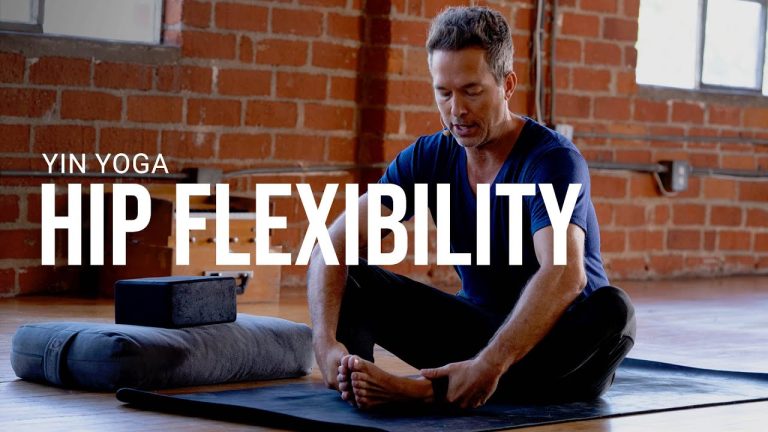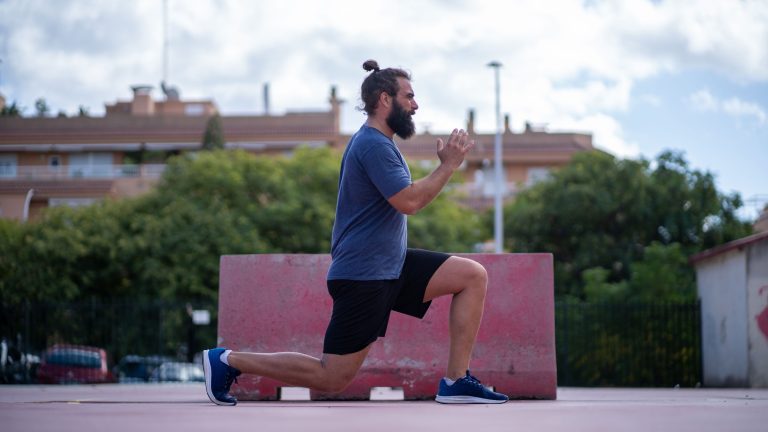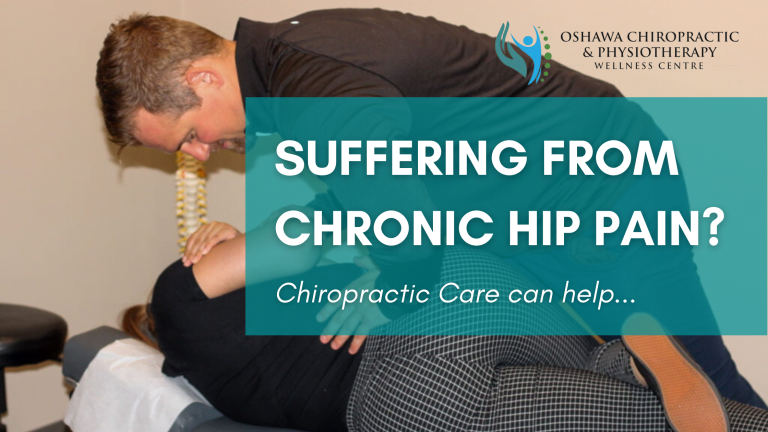Pregnancy Hip Flexor Pain: Causes, Prevention, and Relief
Pregnancy is a miraculous journey filled with joy, anticipation, and undoubtedly, some discomforts. Among the many unwelcome companions, pregnancy hip flexor pain takes the center stage.
As the body transforms to nurture life, hormonal fluctuations, increased weight, and shifting posture can wreak havoc on the hips. However, fear not, for there are remedies aplenty.
From medical treatments to gentle exercises and stretches, relief is within reach. But remember, consulting a doctor is the key to a safe and effective solution.
So let’s delve into the realm of pregnancy hip flexor pain, uncovering the secrets to soothing those aching hips.
pregnancy hip flexor pain
Pregnancy hip flexor pain is a common issue experienced by many women during the second and third trimesters. This pain can be caused by various factors, including hormonal changes that relax joints, weight gain, changes in posture, and stretched muscles and ligaments.
Additionally, preterm labor can exacerbate hip pain. To alleviate this discomfort, pregnant women have several options.
They should consult with their doctor before taking over-the-counter medication, but can use warm compresses, pelvic belts, and pillows between the legs while sleeping to provide relief. Engaging in low-impact exercises like walking, swimming, and prenatal yoga can also help alleviate hip pain.
However, it is vital for pregnant women to consult their doctor before starting any new exercise program and to stop exercising if they experience certain symptoms, seeking medical attention if necessary.
Key Points:
- Pregnancy hip flexor pain is common during the second and third trimesters.
- It can be caused by hormonal changes, weight gain, posture changes, and stretched muscles and ligaments.
- Preterm labor can make hip pain worse.
- Pregnant women should consult with their doctor before taking medication.
- They can use warm compresses, pelvic belts, and leg pillows to find relief.
- Low-impact exercises like walking, swimming, and prenatal yoga can help alleviate hip pain, but consultation with a doctor is necessary before starting any new exercise program.
Sources
https://www.medicalnewstoday.com/articles/pregnancy-hip-pain
https://americanpregnancy.org/healthy-pregnancy/pregnancy-complications/hip-pain-during-pregnancy/
https://www.healthline.com/health/pregnancy/pregnancy-hip-pain
https://www.healthline.com/health/womens-health/postpartum-hip-pain
Check this out:
💡 Pro Tips:
1. Use a pregnancy support pillow: Investing in a pregnancy support pillow can provide extra cushioning and support for your hips while sleeping or lounging.
2. Try prenatal massage: Prenatal massage can help relax the muscles in your hip area and alleviate pain. Make sure to find a certified prenatal massage therapist for safety.
3. Practice gentle stretching: Regularly stretching your hip flexors can help relieve tension and improve flexibility. Consult with a prenatal fitness specialist for safe and effective stretches.
4. Use a heating pad: Applying a heating pad to your hips for short periods of time can help soothe pain and relax the muscles. Do not use excessive heat or apply for extended periods of time.
5. Maintain good posture: Pay attention to your posture throughout the day and try to avoid slouching or sitting for prolonged periods of time. Good posture can help alleviate hip pain and prevent further discomfort.
Hormonal Changes And Joint Mobility
During pregnancy, hormonal changes can have a significant impact on a woman’s body. One of these changes is the release of the hormone relaxin, which is responsible for relaxing the ligaments in the body.
This includes the hip joints, making them more mobile. While this is essential for accommodating the growing fetus, it can also lead to hip pain.
Weight Gain And Postural Impact
As the pregnancy progresses, women naturally gain weight to support the growing baby. This increased weight puts additional pressure on the hip joints, causing discomfort and pain.
Furthermore, the change in weight distribution can alter a woman’s posture, putting strain on the hip flexor muscles. This combination of weight gain and postural changes contributes to pregnancy hip pain.
Sacroiliac Dysfunction And Round Ligament Pain
The sacroiliac joints, located at the back of the pelvis, can become dysfunctional during pregnancy. The stretching of muscles and ligaments in the pelvis can cause these joints to become misaligned, leading to hip pain.
Additionally, the round ligaments, which support the uterus, can also become strained and cause pain in the groin and hip area.
Hip Pain And Preterm Labor
In some cases, hip pain during pregnancy may be a sign of preterm labor. This type of pain is usually accompanied by lower back pain and should be discussed with a healthcare provider immediately.
It is important to differentiate between normal pregnancy discomfort and potentially serious complications.
Medical Treatment And Home Remedies
When dealing with hip pain during pregnancy, it is crucial to consult with a healthcare provider before seeking any medical treatment. Over-the-counter medications should be used cautiously, as some may not be suitable for pregnant women.
However, certain remedies can help alleviate pain, such as using warm compresses on the affected area or wearing a pelvic belt for additional support. Additionally, sleeping on the side with a pillow between the legs can provide extra comfort and support.
Exercise And Consultation With Doctor
Exercise has been shown to be beneficial for reducing hip pain during pregnancy. Low-impact activities, such as walking, swimming, and prenatal yoga, can help strengthen muscles and alleviate discomfort.
However, it is important to consult with a healthcare provider before starting any new exercise program, as individual circumstances may vary. Pregnant women should be cautious and listen to their bodies.
If they experience any unusual symptoms during exercise, such as dizziness or shortness of breath, they should stop immediately and seek medical attention.
In conclusion, hip pain is a common symptom experienced by many pregnant women, particularly during the second and third trimesters. Hormonal changes, weight gain, postural impact, sacroiliac dysfunction, and round ligament pain can all contribute to discomfort in the hips.
It is essential to consult with a healthcare provider for appropriate medical treatment and guidance, as well as to explore home remedies and exercises that can help relieve hip pain. By taking proper precautions and seeking appropriate care, pregnant women can minimize their discomfort and enjoy a healthier, more comfortable pregnancy.







